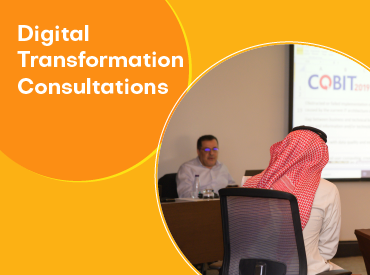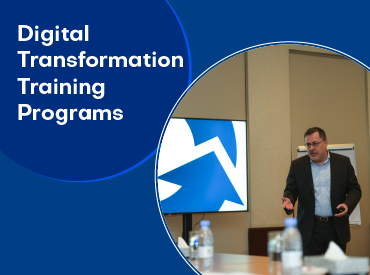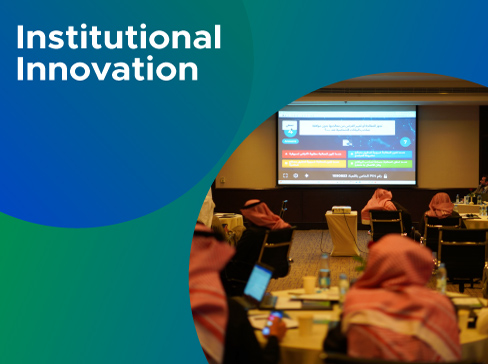Blog Body

In light of the rapid technological advancements the world is witnessing, digital transformation has become a fundamental pillar for achieving excellence and competitiveness at all levels. In the Kingdom of Saudi Arabia, digital transformation is one of the main focuses of Vision 2030, which aims to build a diversified and sustainable economy, enhance the quality of life, and raise the efficiency of the public and private sectors. To achieve these goals, precise standards have been set to measure progress in this area, the most important of which is the Digital Transformation Measurement Index, which is being developed by the Kingdom’s Digital Government Authority.

Digital transformation strategic plan in Saudi Arabia
The Kingdom of Saudi Arabia realizes that digital transformation is no longer an option, but rather an inevitable necessity to keep pace with the requirements of the times and achieve comprehensive and sustainable development. Therefore, the Kingdom has developed an ambitious strategic plan for digital transformation, aiming to bring about a qualitative shift in various sectors, improve the quality of life for citizens, and enhance the competitiveness of the national economy on the global level.
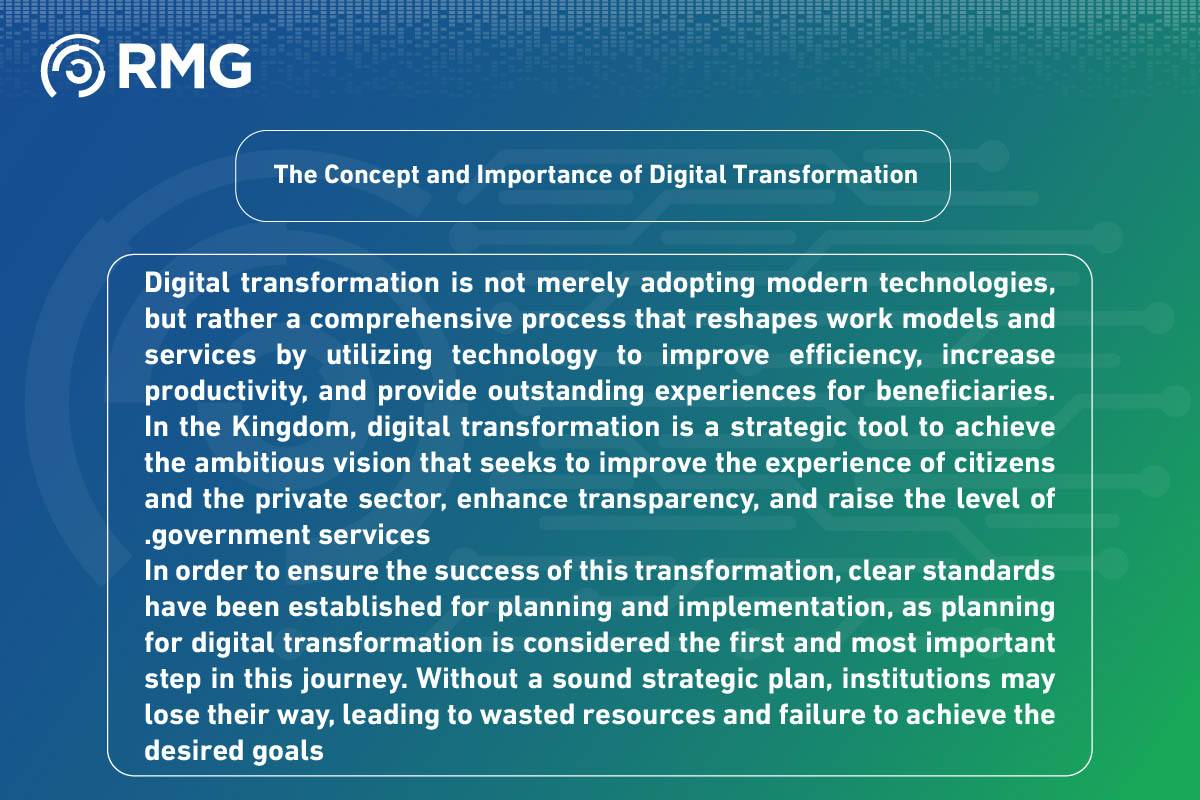
The Concept and Importance of Digital Transformation
Digital transformation is not merely adopting modern technologies, but rather a comprehensive process that reshapes work models and services by utilizing technology to improve efficiency, increase productivity, and provide outstanding experiences for beneficiaries. In the Kingdom, digital transformation is a strategic tool to achieve the ambitious vision that seeks to improve the experience of citizens and the private sector, enhance transparency, and raise the level of government services.
In order to ensure the success of this transformation, clear standards have been established for planning and implementation, as planning for digital transformation is considered the first and most important step in this journey. Without a sound strategic plan, institutions may lose their way, leading to wasted resources and failure to achieve the desired goals.
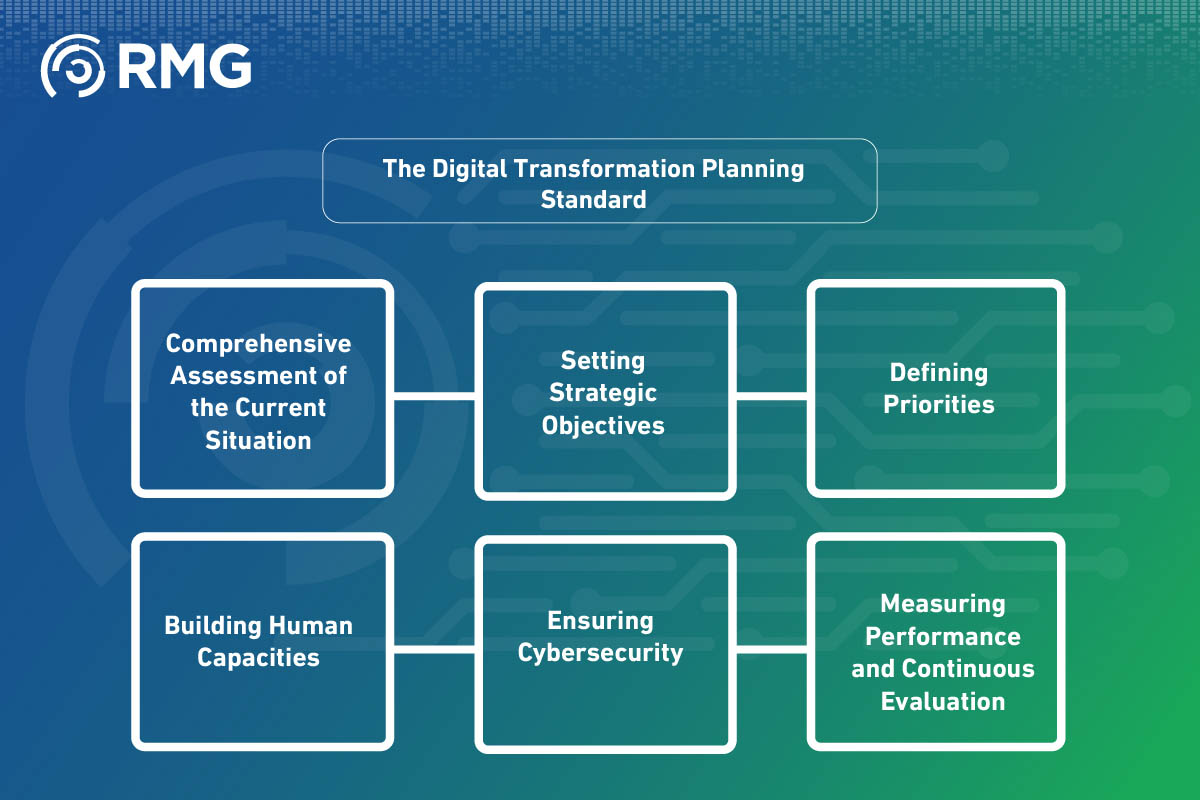
The Digital Transformation Planning Standard
Planning for digital transformation should be based on several key elements, including:
- Comprehensive Assessment of the Current Situation: Before embarking on any transformational steps, institutions must conduct a comprehensive assessment of their current digital infrastructure, technical capabilities, and the level of maturity of their digital operations. This assessment helps identify gaps and challenges that need to be addressed.
- Setting Strategic Objectives: The objectives of digital transformation should be clear, measurable, and in line with the overall goals of the National Vision. These objectives include improving the user experience, increasing operational efficiency, and promoting innovation.
- Defining Priorities: Not all operations need to be transformed at the same time. Priorities should be determined based on their impact on the business and their ability to generate quick returns.
- Building Human Capacities: Digital transformation requires qualified human resources capable of dealing with modern technologies. Therefore, the plan should include training and qualification programs to raise the efficiency of employees.
- Ensuring Cybersecurity: With the increasing reliance on digital technologies, cyber threats are also increasing. Therefore, the plan must include advanced security measures to protect data and systems.
- Measuring Performance and Continuous Evaluation: There must be a mechanism to measure progress towards achieving goals, and to make necessary adjustments based on the results.
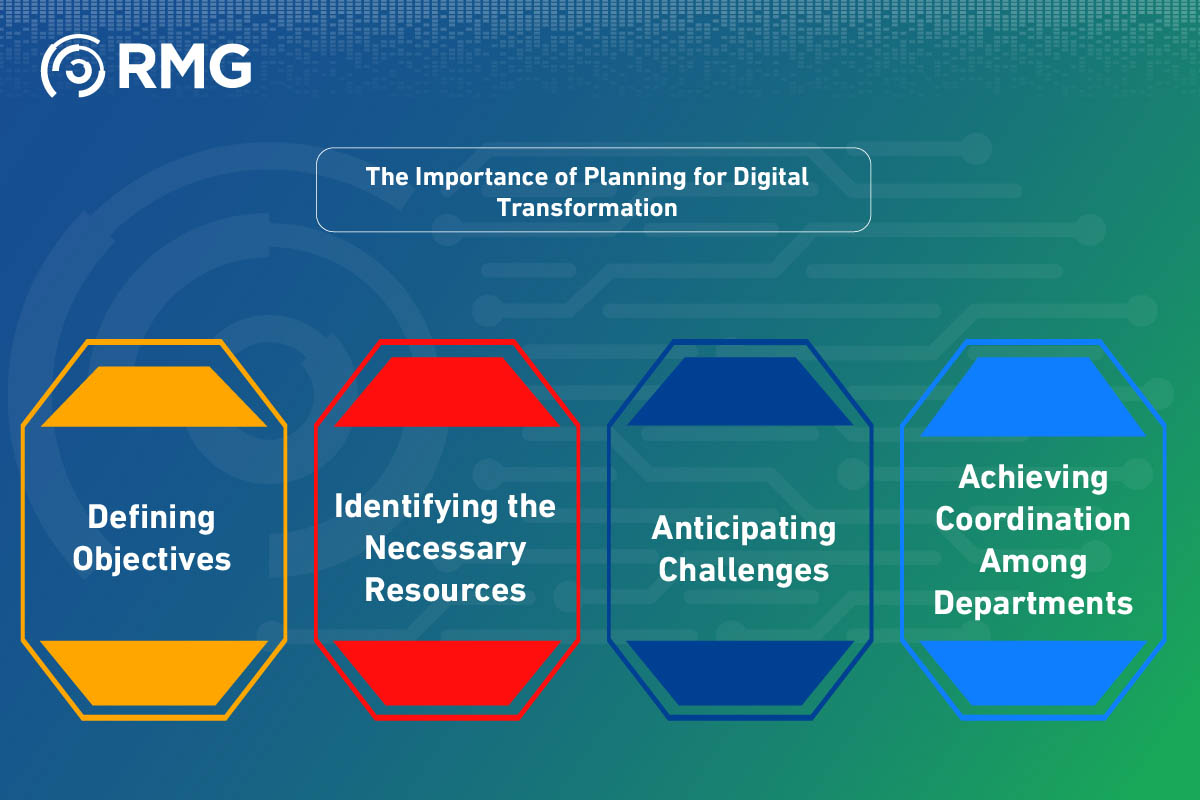
The Importance of Planning for Digital Transformation
The success of any digital transformation process requires careful strategic planning. Planning for digital transformation is essential for several reasons:
- Defining Objectives: Planning helps in determining the strategic objectives that institutions wish to achieve through digital transformation.
- Identifying the Necessary Resources: Effective planning enables the identification of the human and technical resources required to implement digital projects.
- Anticipating Challenges: Planning helps in facing potential challenges by developing strategies to mitigate risks.
- Achieving Coordination Among Departments: Good planning ensures coordination of efforts between different departments and sections within the institution.
Standards for Digital Transformation Planning
Digital transformation planning is represented in several main areas:
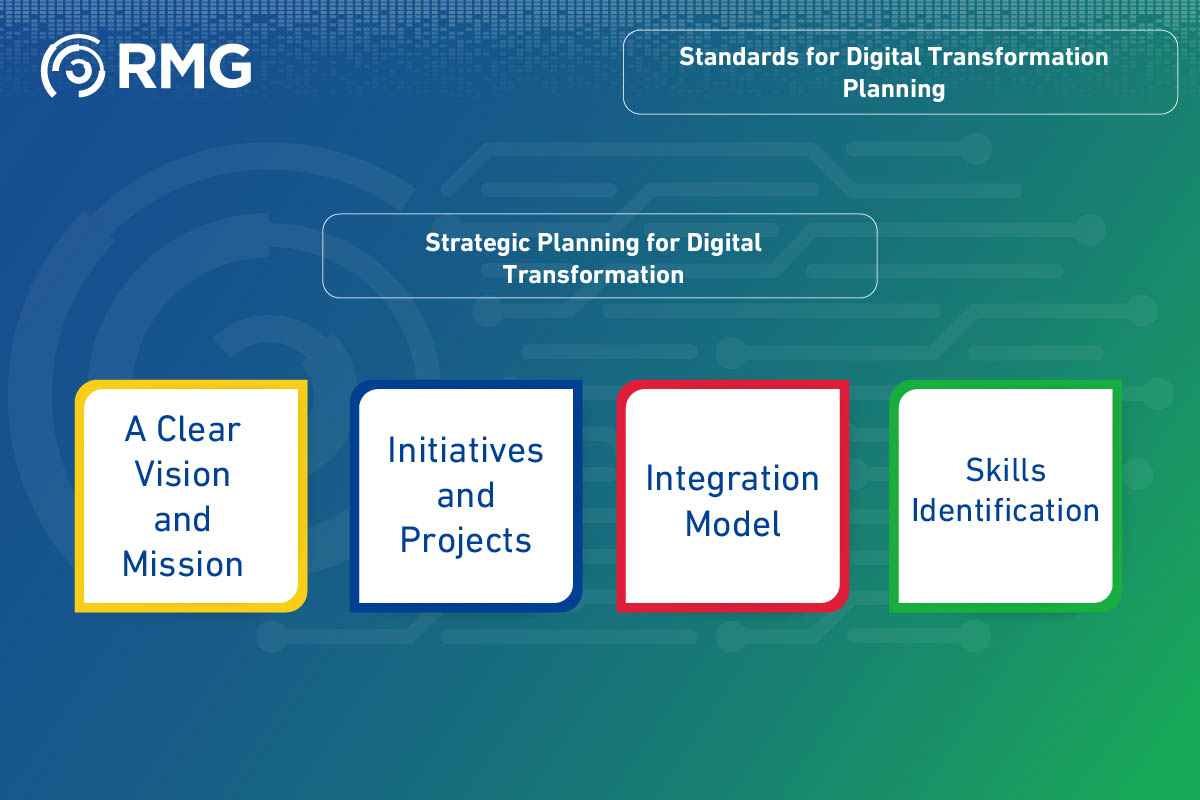
- Strategic Planning for Digital Transformation: This includes developing a strategic plan that aligns with the Kingdom’s Vision 2030, which should include:
- A Clear Vision and Mission: Defining the vision and mission for digital transformation, while linking it to the strategic objectives of the entity.
- Initiatives and Projects: Identifying the strategic initiatives and projects necessary to achieve digital transformation, with clear performance indicators.
- Integration Model: Developing a model to achieve integration with relevant external parties to ensure the achievement of goals.
- Skills Identification: The plan should include identifying the skills and competencies necessary to achieve the desired goals.
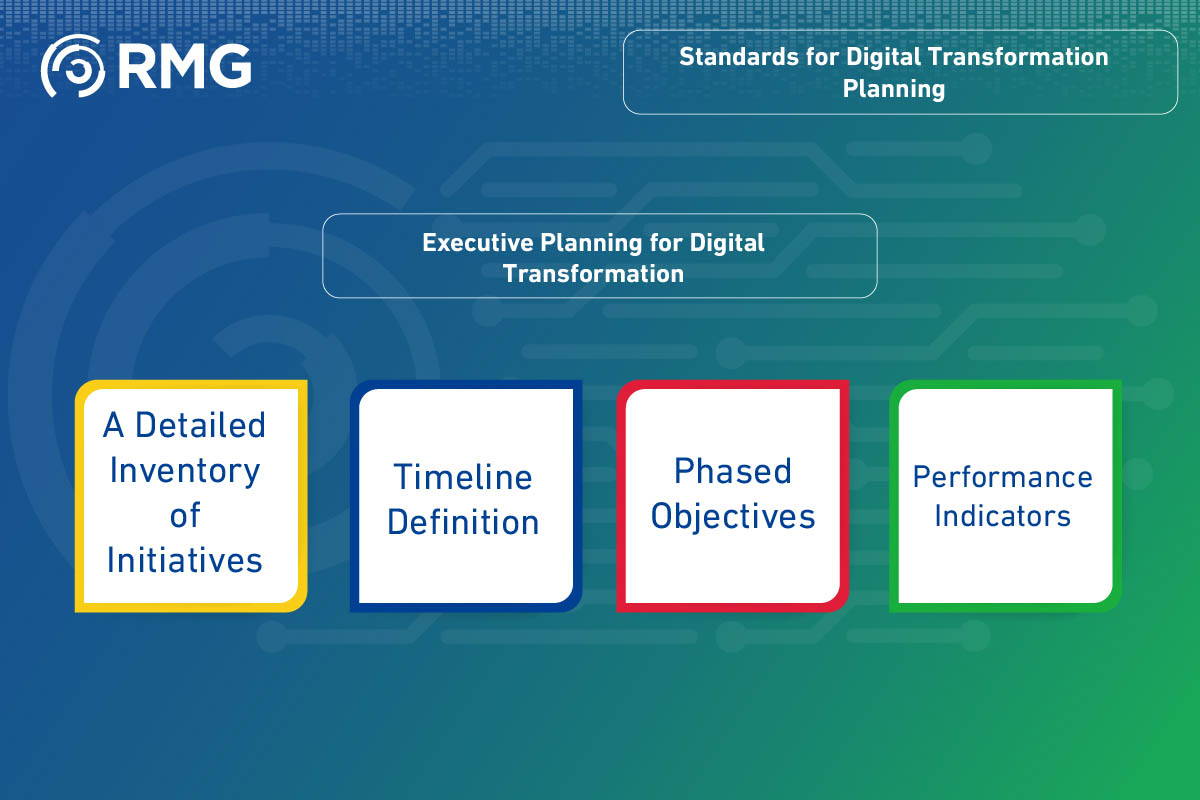
- Executive Planning for Digital Transformation: Executive plans should include:
- A Detailed Inventory of Initiatives: A comprehensive list of initiatives and projects related to digital transformation should be prepared.
- Timeline Definition: It is essential to define the timeline for implementing projects and initiatives along with the implementation phases.
- Phased Objectives: Setting phased objectives that can be easily measured.
- Performance Indicators: Defining the performance indicators necessary to monitor the implementation of the plan.
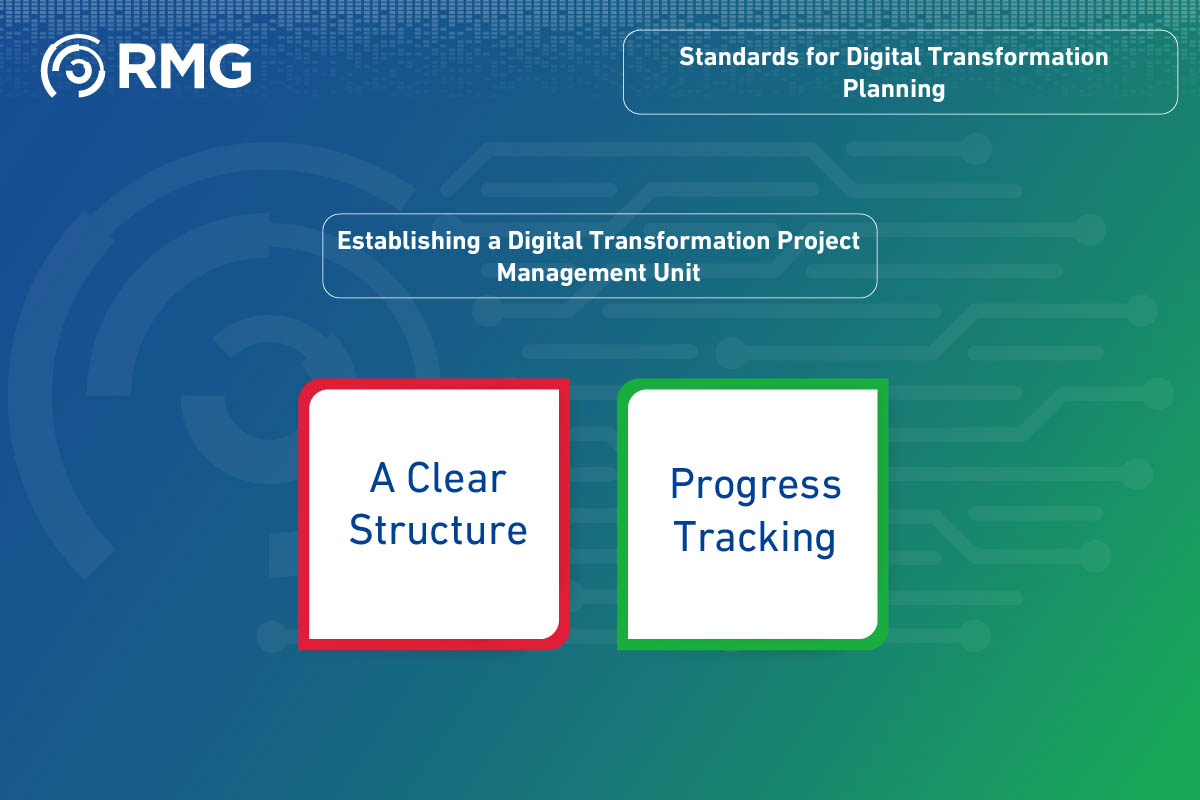
- Establishing a Digital Transformation Project Management Unit: It is important to create a specialized unit to manage digital transformation projects to achieve high efficiency in tracking progress. This unit should include:
- A Clear Structure: A clear structure that defines the boundaries of powers and responsibilities within the unit.
- Progress Tracking: The progress in implementing digital transformation projects should be tracked periodically and the results included in the entity’s annual report.

Renad Al Majd’s Role in Supporting Digital Transformation
Renad Al Majd is considered one of the leading companies in providing technical solutions and consulting in the field of digital transformation in the Kingdom. The company plays a vital role in preparing public and private bodies to achieve the highest results in digital transformation measurement indicators, by providing a range of integrated services:
- Strategic Consulting: Renad Al Majd provides strategic consulting to help institutions develop appropriate digital transformation plans.
- Training and Skills Development: It offers specialized training programs to develop employees’ skills and enhance their ability to use technology.
- Implementation of Digital Projects: The company works to implement digital projects professionally in accordance with the highest standards.
- Technical Support: Renad Al Majd provides continuous technical support to ensure the continuity of digital operations.
- Data Analysis: It helps institutions use data analysis techniques to improve performance and make informed decisions.

Renad Al Majd’s Experience in Measuring Digital Transformation and Supporting Vision 2030
The company has a proven track record of success in providing specialized consulting and innovative solutions that meet the needs of the government sector since the seventh measurement. Through its work on measuring government digital transformation, Renad Al Majd analyzes and evaluates the effectiveness of applied digital strategies, and provides the necessary recommendations to enhance the technical infrastructure and ensure the continuity of development and innovation. These efforts directly contribute to accelerating the digital transformation process, reflecting the company’s commitment to supporting the goals of Vision 2030 towards an advanced digital future.
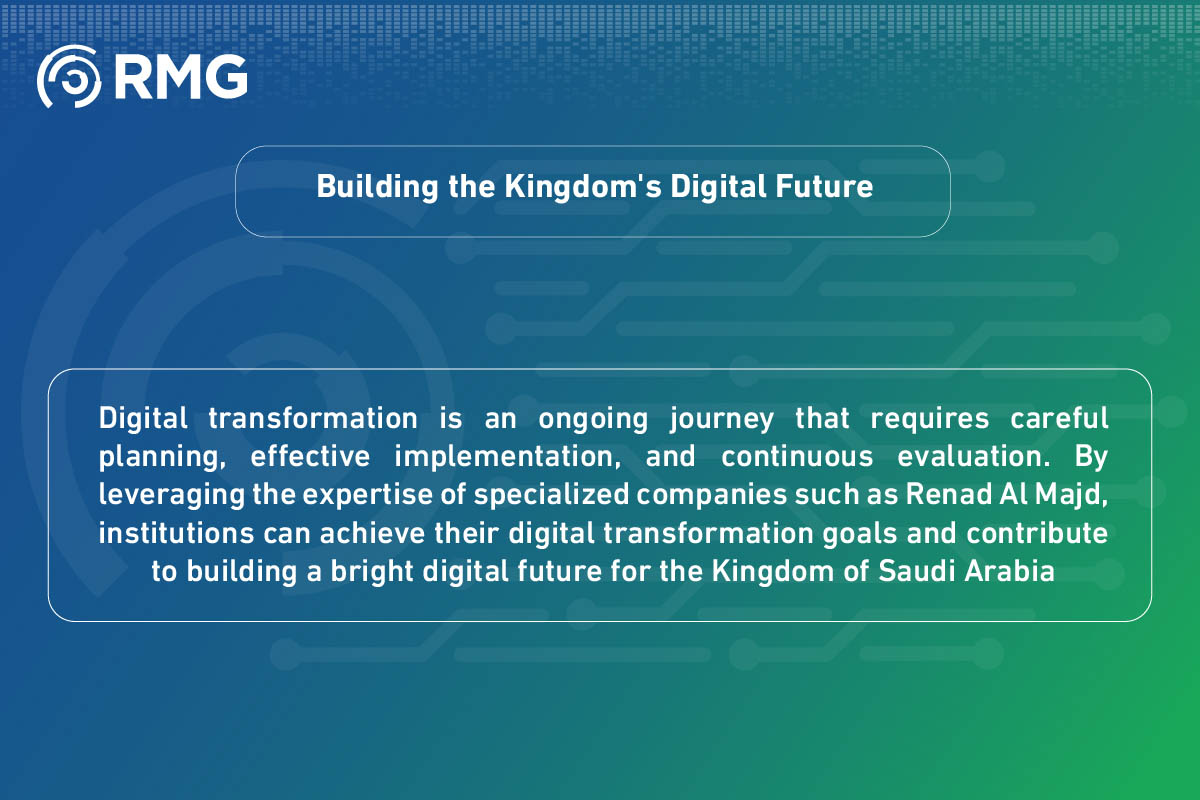
Building the Kingdom’s Digital Future
Digital transformation is an ongoing journey that requires careful planning, effective implementation, and continuous evaluation. By leveraging the expertise of specialized companies such as Renad Al Majd, institutions can achieve their digital transformation goals and contribute to building a bright digital future for the Kingdom of Saudi Arabia.
To benefit from the services of Renad Al Majd (RMG), you can contact us by the following form:


